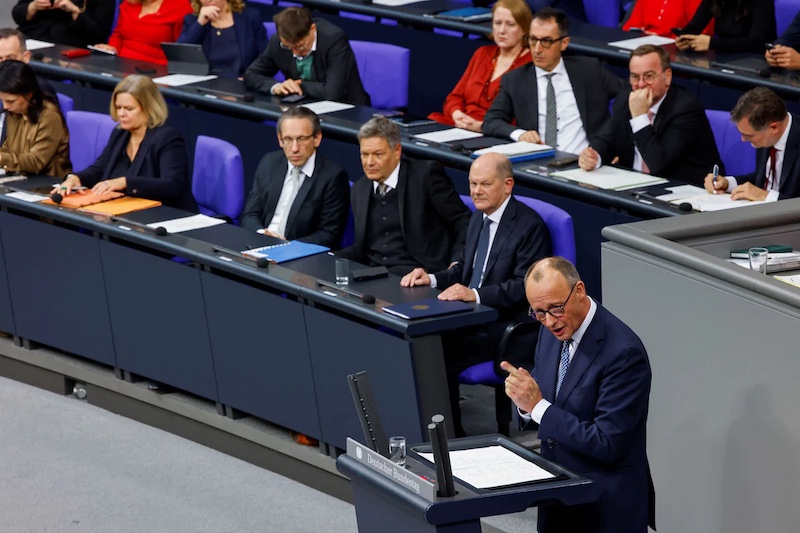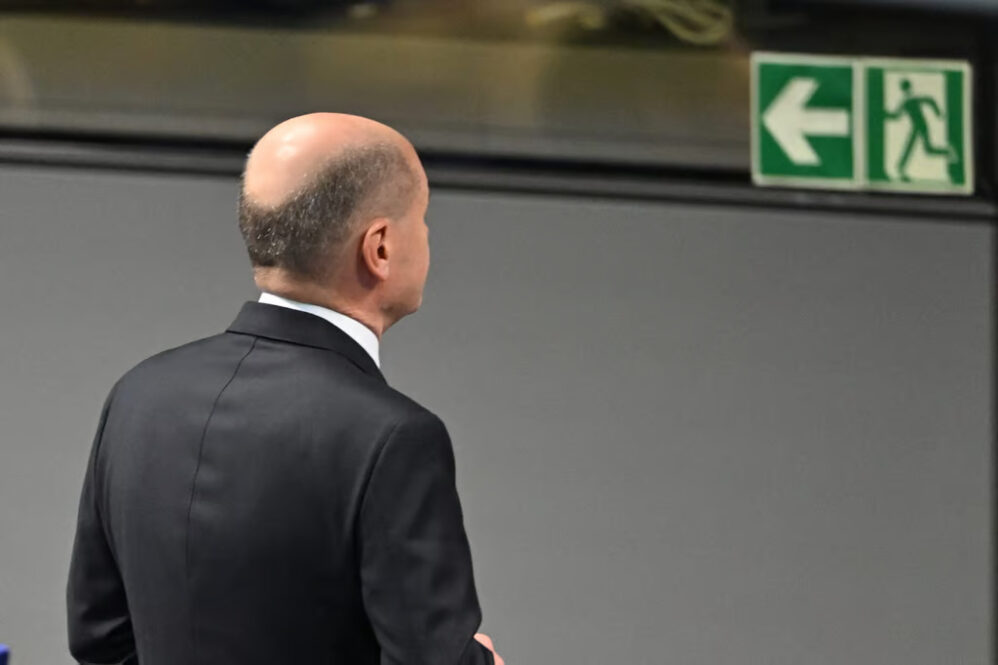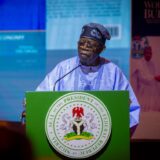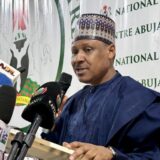Olaf Scholz Loses Confidence Vote: A Calculated Gamble or Political Misstep?
In an unprecedented move, German Chancellor Olaf Scholz has lost a vote of confidence in the Bundestag, paving the way for early elections scheduled for February 23, 2025. While at first glance the vote signals a significant setback, political analysts suggest Scholz’s decision to engineer his own political defeat may be a strategic gamble aimed at resetting Germany’s volatile political dynamics.
Scholz’s Strategy: Losing to Win?
Scholz’s Social Democratic Party (SPD) has been grappling with dwindling public support, compounded by economic turbulence and a fractured coalition government. The dismissal of his Finance Minister, Christian Lindner of the Free Democrats (FDP), in November led to the collapse of the coalition that also included the Greens. Faced with mounting opposition from within his government and eroding public trust, Scholz may have calculated that forcing early elections offers a chance to regroup his party and regain a stronger mandate from the electorate.

By voluntarily facing a vote of confidence and losing, Scholz has positioned himself as a leader willing to confront political challenges head-on. However, critics argue that this tactic risks ceding control to opposition parties, especially the centre-right Christian Democratic Union (CDU) and the far-right Alternative for Germany (AfD), both of which are polling strongly.
Dynamics in German Politics: A Fragmented Landscape
Germany’s political landscape has grown increasingly fragmented in recent years, reflecting deep societal divides over issues such as climate change, immigration, and economic policy.
- The Rise of the CDU: Under Friedrich Merz, the CDU has gained significant traction, offering a conservative alternative to Scholz’s centre-left policies. The CDU’s focus on traditional values and economic stability has resonated with voters frustrated by the SPD’s handling of the economy.
- AfD’s Growing Influence: The far-right AfD is enjoying unprecedented support, driven by nationalist rhetoric and opposition to Germany’s role in supporting Ukraine. This rise poses a challenge to Germany’s political stability and its commitment to liberal democratic principles.
- Coalition Challenges: The SPD’s previous coalition with the FDP and Greens struggled to find consensus on critical issues, from climate policy to fiscal reform. The collapse of this alliance reflects broader difficulties in forming cohesive governments within Germany’s proportional representation system.
Implications for Germany’s Economy
Germany, Europe’s largest economy, is at a critical juncture. The country is grappling with slow growth, an energy crisis exacerbated by the war in Ukraine, and inflationary pressures. The political uncertainty caused by Scholz’s defeat could further erode business confidence and delay critical economic reforms.
A CDU-led government may prioritise fiscal conservatism, potentially reversing some of Scholz’s more progressive policies on social spending and climate action. Meanwhile, the AfD’s rise poses risks to Germany’s economic integration within the European Union, given the party’s Eurosceptic stance.

Implications for Ukraine and Foreign Policy
Germany has been a key supporter of Ukraine in its war against Russia, providing financial aid, weapons, and diplomatic backing. Scholz’s leadership has been instrumental in maintaining Germany’s alignment with NATO and EU partners on this front.
However, the political shifts underway could disrupt this trajectory:
- A CDU-Led Government: The CDU is likely to maintain support for Ukraine, albeit with a more cautious approach to military aid.
- The AfD’s Position: A strong showing for the AfD in the upcoming elections could weaken Germany’s commitment to Ukraine, as the party has repeatedly criticised sanctions on Russia and called for prioritising domestic interests over foreign entanglements.
Broader Implications for Europe
Germany’s political turmoil has significant implications for the EU, where Berlin’s leadership is pivotal. Prolonged instability in Germany could delay decision-making on key EU policies, from energy security to economic recovery plans. It could also embolden nationalist movements across Europe, mirroring the AfD’s rise.
Scholz’s Legacy
Whether Scholz’s calculated loss proves to be a masterstroke or a miscalculation remains to be seen. What is clear is that Germany’s political future is hanging in the balance, with high stakes for its economy, society, and role on the global stage. As the nation heads towards early elections, voters will decide whether Scholz deserves a second chance or if a new direction is needed to address Germany’s challenges.
Quest Extra News will continue to monitor the developments as Germany prepares for a pivotal election season that could reshape the country’s political and economic landscape.

















